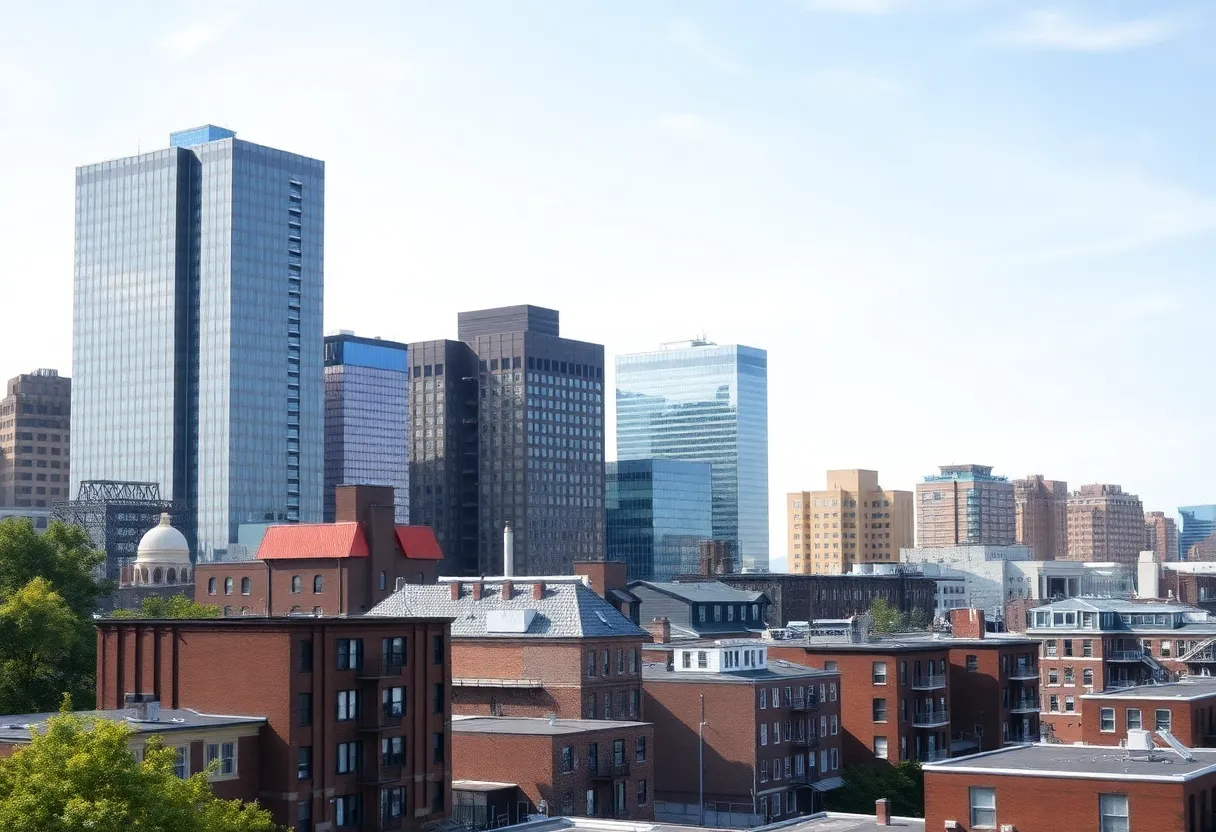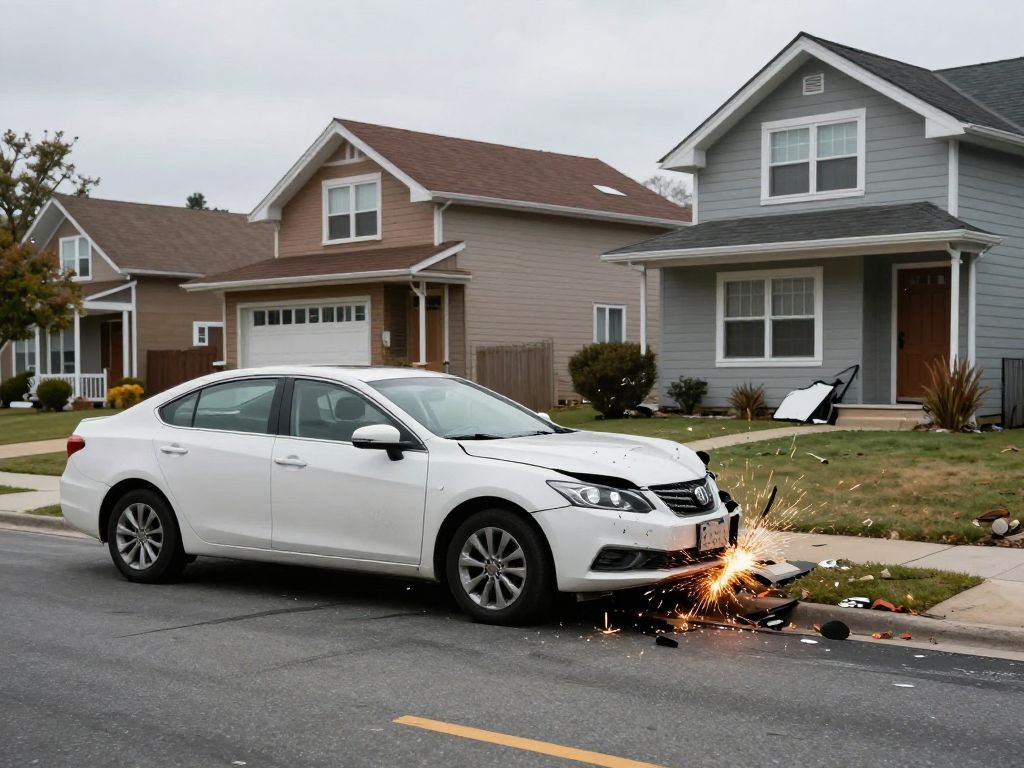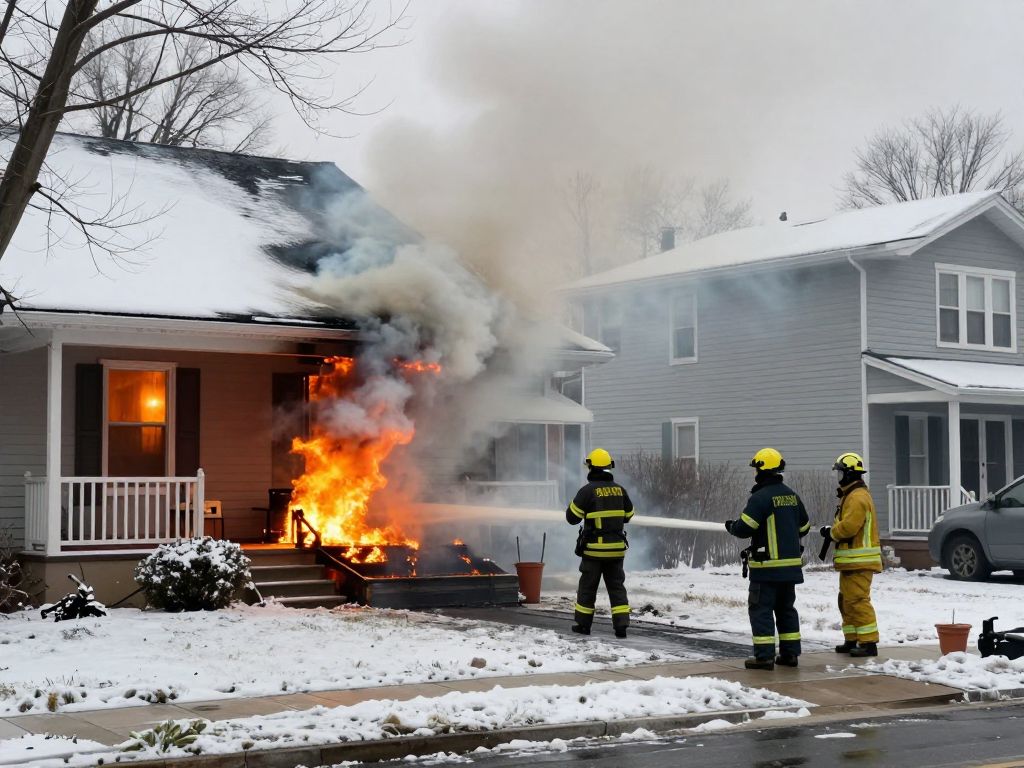News Summary
In a recent debate, Mayor Michelle Wu and challenger Josh Kraft discussed housing affordability in Boston, presenting contrasting solutions. Wu touted her administration’s achievements, while Kraft criticized the pace of construction and proposed lowering costs. The candidates differ on policies such as inclusionary zoning and a luxury real estate transfer fee, both highlighting critical affordability challenges as the election approaches.
Boston Mayoral Candidates Clash Over Housing Affordability Strategies
Boston, Massachusetts – During a recent debate hosted by the Massachusetts Affordable Homeownership Alliance in Roxbury, current Mayor Michelle Wu and mayoral challenger Josh Kraft discussed the pressing issue of housing affordability in Boston. Both candidates acknowledged that the cost of housing in the city is prohibitively high; however, they presented contrasting solutions on how to effectively address this critical problem.
Mayor Wu emphasized her administration’s accomplishments, claiming over 1,000 first-time homebuyers have received assistance through city programs under her leadership. Wu pointed out that more than 20% of the affordable homes currently in development are expected to be designated as homeownership units rather than rentals. Furthermore, she stated that her administration has successfully halved the time needed for affordable housing projects to acquire necessary permits, which she argues allows for quicker access to affordable housing.
In contrast, Josh Kraft expressed concern regarding the current pace of housing construction in Boston, labeling it insufficient to resolve the ongoing affordability crisis. He stressed the importance of reducing construction costs as a means to stimulate housing development. Kraft posited that an increase in housing availability would not only address affordability issues but also generate additional tax revenue, which could then be allocated to support programs aimed at helping first-time homebuyers.
While both candidates advocate for the continued funding of existing housing programs, their views diverge on specific policies, including inclusionary zoning and a proposed luxury real estate transfer fee. The city updated its inclusionary zoning policy last year, mandating that 17% to 20% of units in new developments be affordable, an increase from the previous requirement of 13%. Wu has proposed a luxury real estate transfer fee of 1% to 2% on properties sold for over $2 million, with the proceeds earmarked for affordable housing initiatives. Although the Boston City Council has passed this proposal, it still awaits state legislative approval.
Kraft has criticized both the updated inclusionary zoning measures and the luxury real estate transfer fee, arguing that these requirements increase the costs associated with housing construction and hinder the development of new housing units. He maintained that the city must prioritize building more housing to tackle the ongoing crisis effectively.
Wu countered Kraft’s assertions, indicating that his claims misrepresent the underlying issues affecting housing development. She argued that broader economic challenges at the national level have contributed to the slower pace of housing development, rather than any deficiencies in her policies. Furthermore, Wu contended that delaying the implementation of the transfer fee until market conditions become more favorable for developers is counterintuitive, asserting that affordability should remain a priority for the city.
The Massachusetts Affordable Homeownership Alliance has announced plans to hold a second virtual candidate forum next month, providing further opportunities for the electorate to evaluate the candidates’ positions on housing and other issues. The preliminary municipal election in Boston is scheduled for September 9, 2025, with polling hours set from 7 a.m. to 8 p.m.
This debate highlights the critical housing affordability challenges facing Boston and the differing visions proposed by the two leading candidates. As the election approaches, it remains to be seen how these proposals will resonate with voters and influence the city’s future housing policies.
Deeper Dive: News & Info About This Topic
HERE Resources
Mini Golf Madness in Massachusetts: Discover the Top 5 Courses for Family Fun!
Brookline Named Best Place to Live in Greater Boston
Boston Grapples with Escalating Homelessness Crisis
Boston’s Chinatown Faces Heated Debate Over Luxury Housing
Ebenezer Hancock House for Sale in Boston
Brookline Named Best Place to Live in Boston Area
Boston Mayoral Election: Wu vs. Kraft
Josh Kraft Proposes Comprehensive Reentry Plan for Returning Citizens
Vietnamese National Sentenced for Identity Theft and Passport Fraud
Steve Poftak Appointed CEO of Boston Municipal Research Bureau
Additional Resources
- MassLive: Wu & Kraft Clash on Housing
- Wikipedia: Housing Affordability
- Boston Herald: Kraft’s Reentry Plan
- Google Search: Boston housing affordability
- Boston Globe: Wu & Kraft Race Fact Check
- Google Scholar: Boston Housing Policies
- Boston.com: Kraft Responds to Wu
- Encyclopedia Britannica: Affordable Housing
- MassLive: Wu Slams Kraft on Funding
- Google News: Boston Mayoral Candidates

Author: STAFF HERE BOSTON WRITER
The BOSTON STAFF WRITER represents the experienced team at HEREBoston.com, your go-to source for actionable local news and information in Boston, Suffolk County, and beyond. Specializing in "news you can use," we cover essential topics like product reviews for personal and business needs, local business directories, politics, real estate trends, neighborhood insights, and state news affecting the area—with deep expertise drawn from years of dedicated reporting and strong community input, including local press releases and business updates. We deliver top reporting on high-value events such as Boston Marathon, Head of the Charles Regatta, and Boston Harborfest. Our coverage extends to key organizations like the Greater Boston Chamber of Commerce and Associated Industries of Massachusetts, plus leading businesses in finance, biotech, and insurance that power the local economy such as Fidelity Investments, Biogen, and Liberty Mutual Insurance. As part of the broader HERE network, we provide comprehensive, credible insights into Massachusetts's dynamic landscape.





